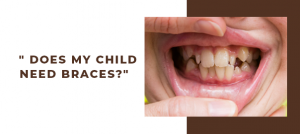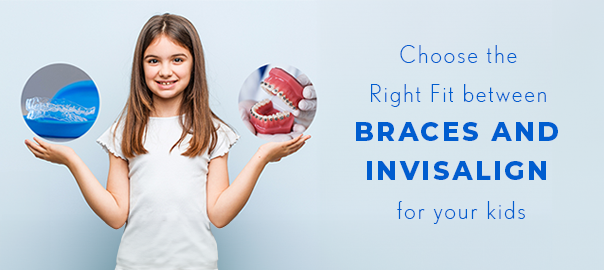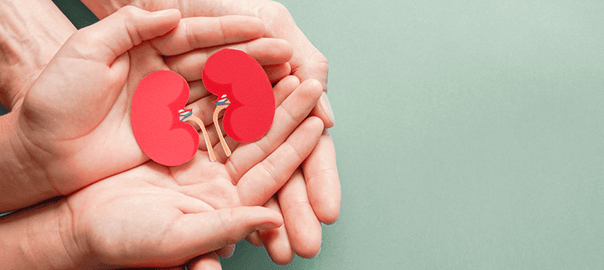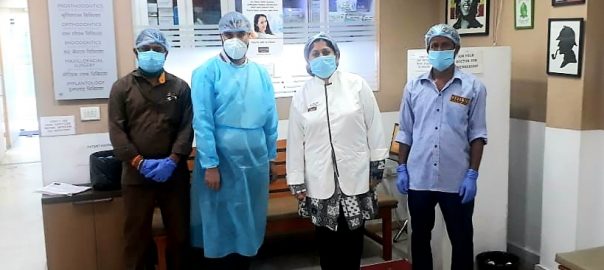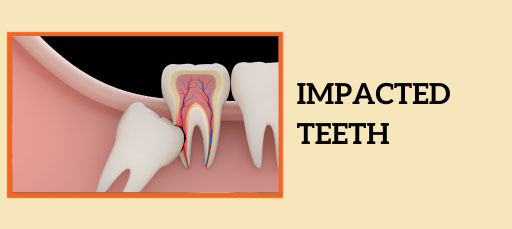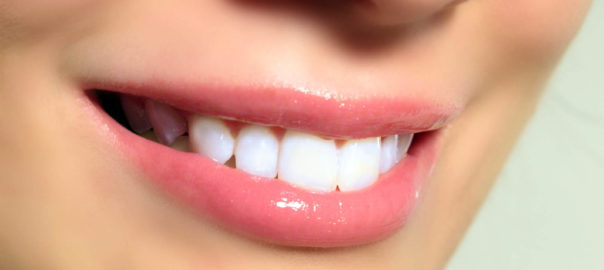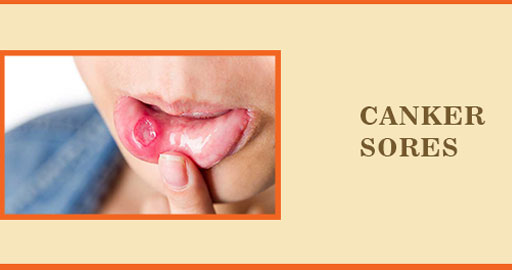
Canker Sores – Symptoms, Causes, Treatment
Canker sores, medically known as aphthous ulcers, can be quite a nuisance. These small, painful sores that appear inside your mouth can make talking, eating, and even smiling a challenge. This blog will reveal the symptoms, causes, and treatment options for canker sores to help you better understand and manage this common oral condition.
Understanding Canker Sores
Canker sores are shallow, round, or oval lesions with a white or yellow center and a red border. They can vary, but most are relatively small, typically less than half an inch in diameter. Canker sores differ from cold sores caused by the herpes simplex virus and usually appear on the lips or around the mouth.
Symptoms of Canker Sores
- 1. Pain: Canker sores can be pretty painful, particularly when they come into contact with your tongue, teeth, or other parts of your mouth.
- 2. Sensitivity: These sores often make the surrounding area sensitive and can cause discomfort when eating or drinking.
- 3. Redness and Inflammation: Canker sores are usually surrounded by a red, inflamed border.
- 4. Difficulty Eating: The location of the canker sore can make chewing and swallowing painful.
- 5. Irritation: Speaking or moving your mouth can irritate the sore, making it even more uncomfortable.
Causes of Canker Sores
The exact cause of canker sores is not understood fully, but they are believed to be triggered by a combination of factors, including:
- 1. Minor Injury: Accidental biting, overzealous brushing, or dental work can lead to the development of canker sores.
- 2. Stress: Emotional stress and anxiety are known to weaken the immune system, which can contribute to canker sore development.
- 3. Diet: Certain foods, especially those that are acidic, spicy, or contain rough textures, may trigger or exacerbate canker sores.
- 4. Hormonal Changes: Some people may experience canker sores during hormonal changes, such as menstruation.
- 5. Genetics: There may be a genetic component to canker sore susceptibility, as they often run in families.
Treatment for Canker Sores
Canker sores usually resolve on their own within 1 to 2 weeks. However, there are several canker sores treatment strategies to manage the pain and promote healing:
- 1. Over-the-counter (OTC) Pain Relief: You can use OTC oral gels, creams, or ointments that contain ingredients like benzocaine to numb the pain.
- 2. Topical Steroids: Your dentist or doctor may prescribe topical corticosteroids to reduce inflammation and promote healing.
- 3. Oral Rinses: Rinsing with salt water or special mouthwashes can help clean the sore and ease discomfort.
- 4. Avoid Irritants: Steer clear of spicy, acidic, or rough-textured foods that can further irritate the sore.
- 5. Stress Management: Reducing stress through relaxation techniques like deep breathing or meditation can help prevent canker sores.
- 6. Dietary Adjustments: Some individuals find relief by identifying and avoiding trigger foods.
- 7. Good Oral Hygiene: Keeping your mouth clean and using a soft-bristle toothbrush can help prevent canker sores caused by minor injuries.
In rare cases, severe or recurrent canker sores may require further evaluation and treatment by a dentist to rule out underlying medical conditions.
How to prevent Canker Sores?
You can minimize the recurrence of canker sores by following these guidelines:
- 1. Monitor your diet, avoiding foods that may irritate, such as nuts, chips, certain spices, salty foods, and acidic fruits like pineapple, grapefruit, and oranges. Steer clear of any foods you’re allergic to.
- 2. Opt for a balanced diet rich in fruits, vegetables, and whole grains to prevent nutritional deficiencies.
- 3. Maintain good oral hygiene by brushing after meals, flossing daily, and using a soft brush to prevent irritation. Avoid toothpaste and mouth rinses containing sodium lauryl sulfate.
- 4. Protect your mouth if you have braces or other dental appliances by using orthodontic waxes to cover sharp edges.
- 5. Manage stress effectively with techniques like meditation and guided imagery if stress appears to trigger your canker sores.
Conclusion
While canker sores can be painful and bothersome, they are a common oral condition with manageable symptoms. Understanding the causes and symptoms and following proper treatment and prevention strategies can ease the discomfort and promote faster healing. If you experience recurrent or severe canker sores, it’s advisable to consult a healthcare provider for a thorough evaluation and personalized treatment options. Remember, most canker sores are temporary and will heal with time and proper care.
For those seeking professional dental care and guidance, Clove Dental is here to help. With over 1.5 million happy patients and a presence in 400+ clinics across India, Clove Dental has established itself as a leading dental healthcare provider. Their team of 1000+ skilled and experienced doctors is dedicated to delivering top-notch dental services and oral health education to their patients.
Clove Dental’s commitment to excellence ensures patients receive the best care and support to maintain a beautiful smile. Whether you require routine check-ups, treatment for dental calculus, or any other dental services, Clove Dental’s diverse network of clinics is ready to assist you.
FAQ’S
1. What are canker sores?
Canker sores, or stress ulcers, are small, painful lesions that develop inside the mouth. They typically appear on the soft tissues such as the inner cheeks, lips, tongue, or gums.
2. What causes canker sores?
The exact cause of canker sores is still unknown. Still, they may be triggered by various factors, including stress, minor mouth injuries, acidic or spicy foods, hormonal changes, certain medications, and deficiencies in vitamins or minerals.
3. Are canker sores contagious?
No, canker sores are not contagious. Unlike cold sores, which are caused by the herpes simplex virus, canker sores are not caused by viral infections and cannot be transmitted from person to person.
4. How long do canker sores last?
Canker sores typically heal on their own within 1 to 2 weeks. However, more extensive or more severe sores may take longer to heal.
6. What are the symptoms of canker sores?
Common symptoms of canker sores include burning sensation or pain before the sore appears, a round or oval-shaped sore with a white or yellow center and a red border, pain or discomfort while eating or talking, and swollen lymph nodes in severe cases.
7. How can I treat canker sores at home?
Home remedies for canker sores include:
- 1. Rinsing the mouth with salt water
- 2. Applying over-the-counter topical medications like benzocaine or hydrogen peroxide.
- 3. Avoiding spicy or acidic foods that may irritate the sore.
- 4. Using ice chips or popsicles to numb the area and reduce pain.
7. When should I see a doctor about my canker sores?
You should see a doctor if your canker sores are large, persistent, or accompanied by other symptoms such as fever, difficulty swallowing, or excessive pain.
Leave a Reply
Leave a Reply









